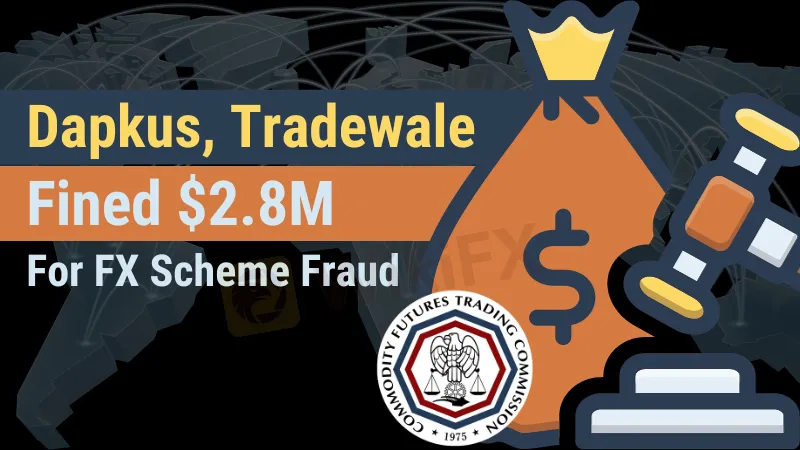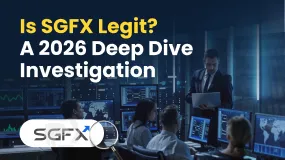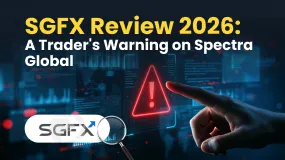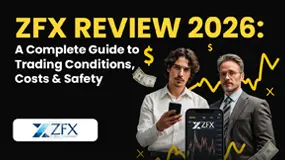Abstract:Landmark ruling: Valdas Dapkus and Tradewale fined $2.8M for deceptive FX scheme. CFTC's crackdown on financial fraud. Protecting investors and market integrity.

Introduction
In a landmark ruling, the U.S. derivatives market regulator, the Commodity Futures Trading Commission (CFTC), has achieved a significant victory against financial fraud. The U.S. District Court for the District of New Jersey has mandated Valdas Dapkus and his Illinois-based entities, Tradewale LLC and Tradewale Managed Fund, to collectively pay a hefty sum of $2.8 million. This action follows their involvement in a deceptive retail FX fraud scheme, marking a substantial step in the ongoing battle against financial misconduct.

The court's decision, issued on November 28 for Dapkus and earlier on May 4 for the Tradewale entities, concludes the CFTC's determined legal pursuit that began in September 2021. The defendants were found guilty of fraudulently soliciting public investments into an alleged retail off-exchange foreign currency fund managed by Tradewale and of misappropriating investor funds. The Tradewale entities were additionally convicted for failing to register as commodity trading advisors (CTA).
Per the court orders, Dapkus and the Tradewale entities are tasked with paying $713,520 in restitution and a $2,140,560 penalty. Moreover, the orders enforce permanent injunctions, barring Dapkus and his entities from trading on CFTC-regulated markets and from engaging in activities that violate the Commodity Exchange Act (CEA).

Unraveling the Deceptive Scheme
In its September 2021 complaint, the CFTC detailed how Tradewale made numerous false representations. They claimed to possess a “unique trading system” that used “artificial intelligence” for forex trading.
Furthermore, they falsely advertised generating average monthly returns of 4%-11% and annual returns of over 55% with “minimal risk.”
Despite assurances of easy access to accounts, most U.S. customers were unable to withdraw funds. Instead, the defendants misappropriated these funds for unauthorized purposes, including Dapkus diverting funds to bank accounts under his sole control.
The Impact on Customers and Market Integrity
The court found that Dapkus and the Tradewale entities intentionally misled individuals to invest funds, which were then misappropriated for personal benefit. Around 17 customers were impacted, contributing approximately $713,520, and none received any return on their principal investment.

The court also recognized that the Tradewale entities acted as CTAs by soliciting funds for an investment vehicle through various means of interstate commerce, all without the necessary registration with the CFTC.
A Cautionary Tale and Ongoing Vigilance
While the court has ordered the repayment to victims, the CFTC cautions that this may not result in the recovery of lost funds if the wrongdoers lack sufficient financial resources. The commission reaffirms its commitment to aggressively protecting consumers and ensuring those who commit financial fraud are held accountable.
This case highlights the inherent risks in retail foreign exchange investments and underscores the importance of conducting thorough due diligence before investing. The CFTC's relentless pursuit in this case demonstrates its unwavering dedication to maintaining market integrity and safeguarding public interest against fraudulent schemes.
The CFTC's success in this case is a clear message to potential fraudsters: financial fraud will not be tolerated. The commission remains vigilant and ready to take decisive action to protect market participants and uphold the law. This ruling is not just a victory for the victims but a strong deterrent against future financial frauds.













